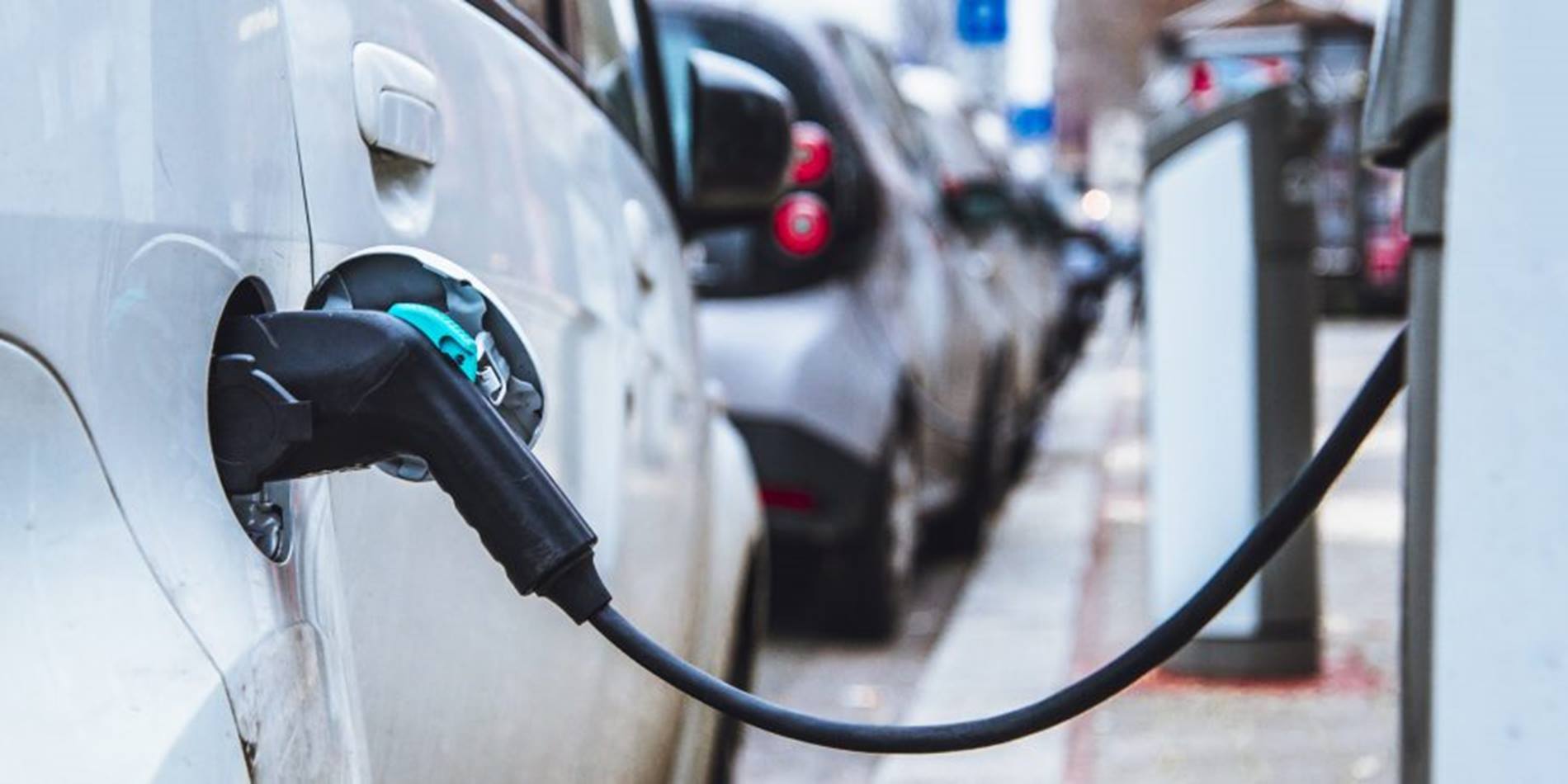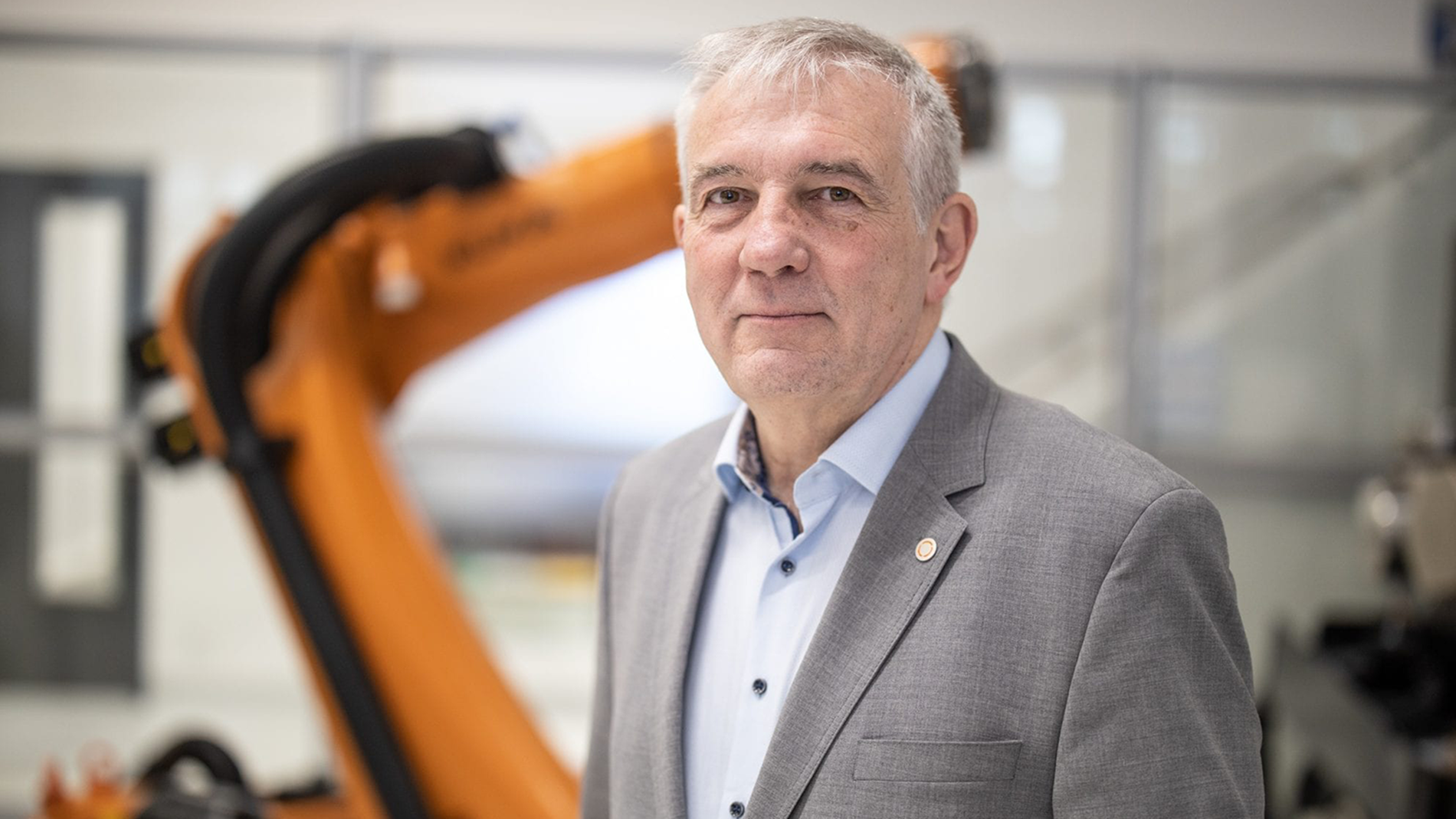Interview with Dr. Döhner
Dr. Döhner, as Senior Director of Global Sales in the KUKA Battery Business Unit and as Chairman of the Executive Board of the VDMA Battery Production Department, you have deep insight into the topic of e-mobility. Are we seeing a short-term boom or a long-term change here?
The market for electric drives and plug-in hybrid drives is growing rapidly. And the topic is not going to disappear. From 2017 and 2018 alone, vehicle registration figures nearly doubled in all relevant regions. And experts are also forecasting strong growth for 2019. It seems likely that this will continue for the time being.
Electromobility is a real topic of the future with large markets – and there will be further development in this area in the coming years. With electromobility, by comparison, we are now where combustion engines were in the 1920s or 1930s.
What are the technological challenges when manufacturing electric cars?
The most difficult production steps include the manufacture of the battery cells, the precise and reliable assembly of the technologically sophisticated battery systems as well as such areas as the joining of the battery housings. Manufacturers are building highly complex lines with up to 50 process steps for the production of battery modules.
Here, KUKA meets all requirements for automotive customers. On the one hand, KUKA has a global orientation, insights into a wide range of industries such as electronics and logistics, where topics are approached differently. At the same time, it has wide-ranging expertise in all aspects of electromobility. This ranges from complex welding technologies to the joining of battery housings and on to entire lines for battery production.
Apart from production, what are the changes that the automotive industry is currently experiencing?
Lower barriers to entry are also attracting companies from other industries, such as logistics groups and start-ups, to the automotive sector. The car is increasingly becoming a consumer electronics product and technology companies are becoming more and more involved. A lot of things are undergoing fundamental change. Put simply: those who wish to be successful, not only have to have gasoline in their blood, but their nervous system has to be electrified.
Source Header Picture: iStock/MarioGuti












